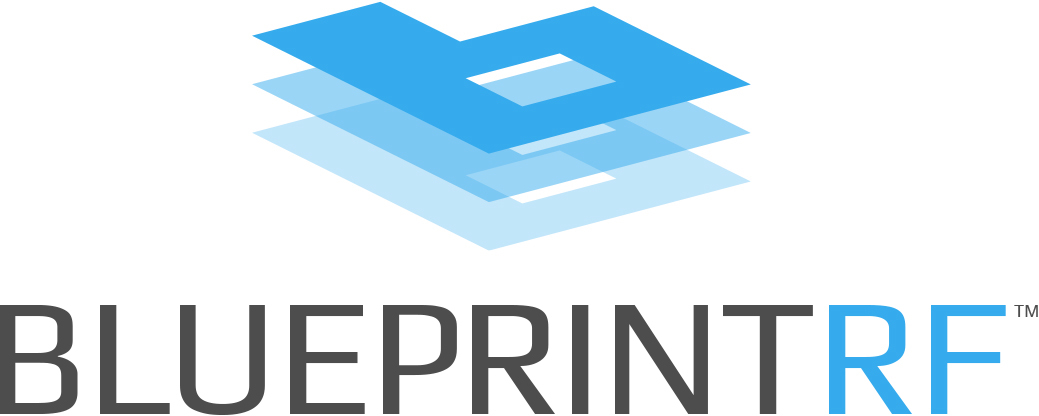Both customer and employee job satisfaction are priority matters of concern for any organization in hospitality. In a fast-paced, high-stress environment where employee turnover reaches some of the highest rates, retaining quality team members for the long term is an uphill battle.
In hospitality, satisfied employees are more likely to provide exceptional guest service. They remain committed to the organization, display a strong sense of allegiance to the company, and work toward accomplishing its success.
A study that looked directly at employees’ job satisfaction in hospitality, career development, compensation and rewards, job security, and workplace environment were all indicated as key factors. Similar studies have reinforced these factors and established links between employee values and level of motivation, among other driving forces.
At the end of the day, job satisfaction is more of an internal state associated with personal feelings of achievement. Below we distill five of the common denominators that drive long-term satisfaction in one’s hospitality career.
1. Opportunities to Grow
Career development and having opportunities to grow in an organization is a critical determinant of employee work fulfillment. Conversely, if an employee feels like they’re in a dead-end job, productivity and work quality will suffer, and they’ll likely be on the lookout for new opportunities.
In turn, it’s essential to have clearly defined advancement opportunities with specific criteria required to advance. This establishes a greater incentive for employees to remain committed and driven.
2. Recognition
In hospitality where there’s a high volume of employees working in an organization, providing recognition and praise goes a long way. When employees feel appreciated, their self-worth grows, and that creates a more productive and happy employee.
Managers should be proactive in letting employees know when they’ve made a difference. Recognition doesn’t have to be an elaborate reward or act. It can be as simple as sharing a post on the company’s social media channels, sharing positive reports during team meetings, or simply giving them a shout-out when they do a good job. Recognizing the work of strong team members can keep the best employees engaged, happy, and satisfied.
3. Job Security
Along with growth opportunities, job security is a pivotal factor behind a professional’s job satisfaction and overall motivation. In fact, there have been several surveys and studies that point to one’s perception of job security as an important contributor to job satisfaction. It also contributes to higher levels of employee loyalty and commitment, providing a valued sense of stable financial prosperity.
In a dynamic atmosphere that’s been particularly vulnerable to pandemic shifts in the labor market, emphasizing and communicating job security is a difficult task for managers and HR teams. In addition to providing recognition and positive reinforcement, involving employees in decision-making processes as well as trusting them to be independent and accountable can go a long way in ensuring your best team members know they’re valued.
4. Workplace Environment and Culture
It’s critical for hospitality managers and HR teams to establish an environment where employees enjoy their day-to-day work. This will help in developing a solid company culture that encourages employee satisfaction. Allow opportunities for team members to bond and establish relationships through collaborative meetings, team lunches, happy hours, or even retreats.
A productivity study found that happier employees are 12-20 percent more productive on average compared to a control group. When you invest in creating an enjoyable working environment rooted in uplifting company culture, you create tangible positive benefits for your team.
5. Proper Training
Excellent training is the foundation for happier, motivated, and better-performing employees, leading to satisfied guests. For these reasons, proper training and implementation are fundamental for your employees, and it’s the cornerstone to enabling them to maximize performance and overall satisfaction on the job.
All hospitality managers want their team on top of their game professionally to deliver superior customer services and guest experiences. This hinges on ensuring all training materials are readily available and updated and new member onboarding processes are finely tuned.
Achieving greater job satisfaction within a team can lead to a host of benefits, including reducing cost by minimizing absences, fewer errors and turnovers, greater productivity, better guest experiences and reputation, and stronger financial health, which is a crucial measure of success in hospitality.









